Migrants' journey doesn't end at Europe's borders
CALAIS (FRANCE) — After crossing seas and continents to reach Europe's outermost borders, desperate migrants don't stop there. They forge onward — including some 2,000 people from Afghanistan, Syria, Eritrea, Sudan and beyond currently camped out amid brush and dunes in the French port of Calais.

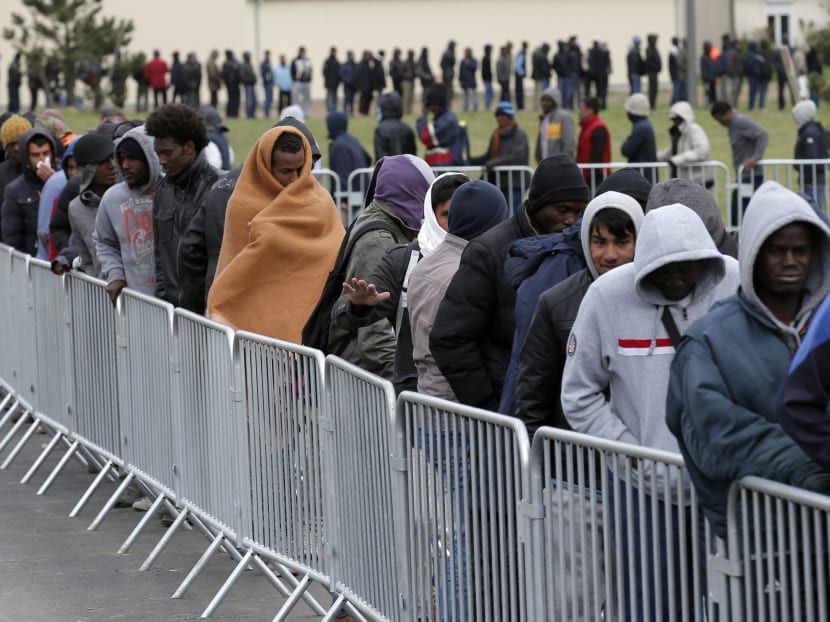
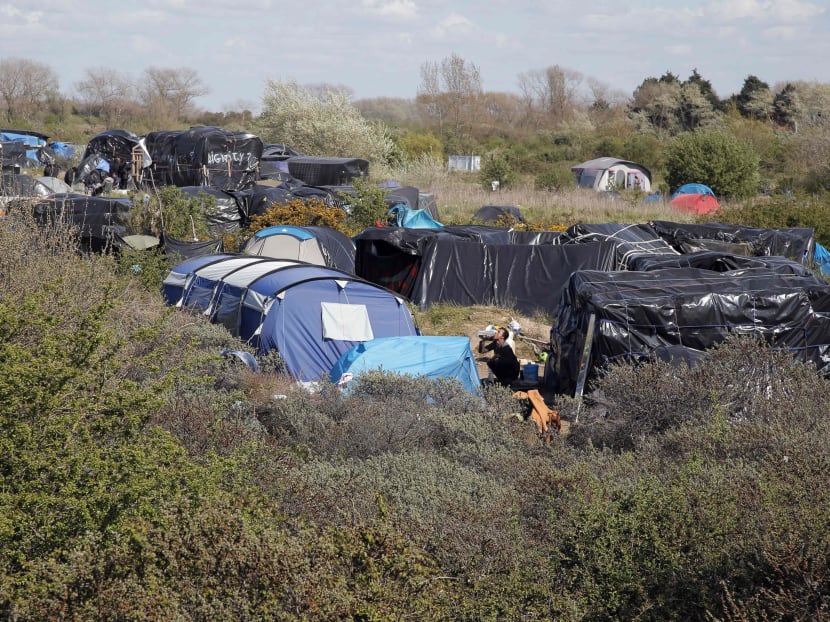
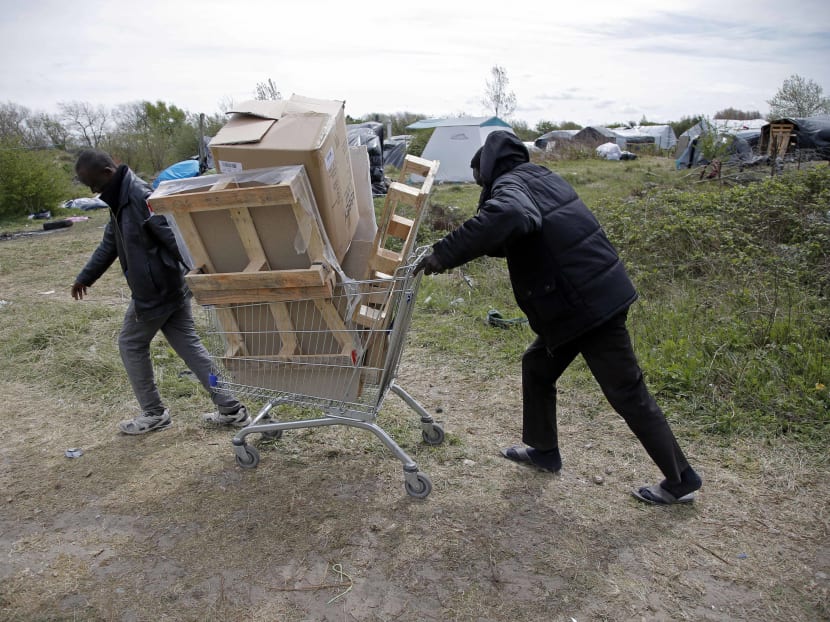
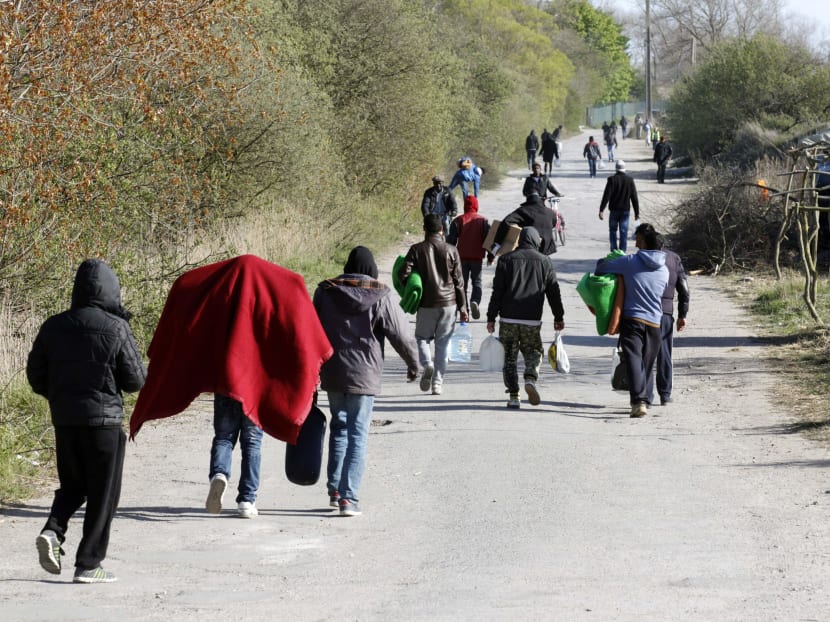
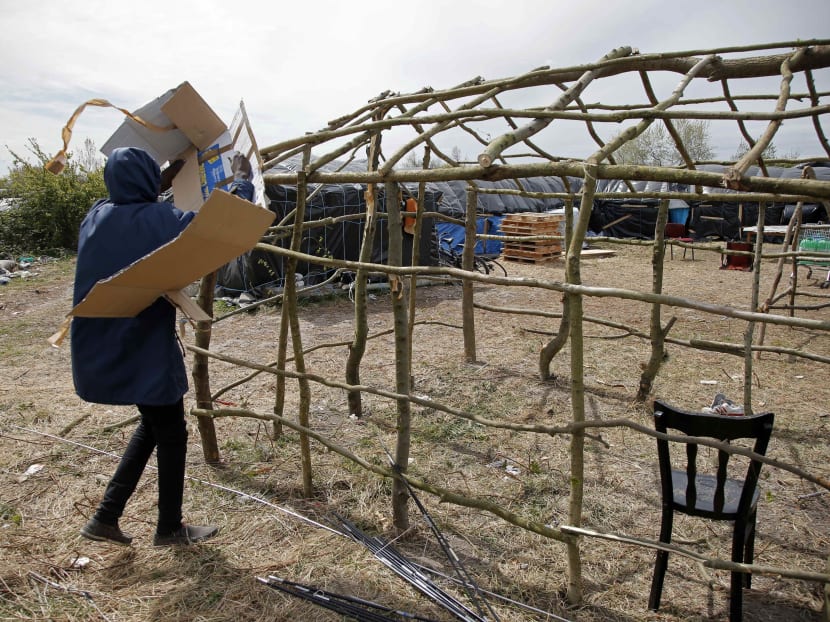
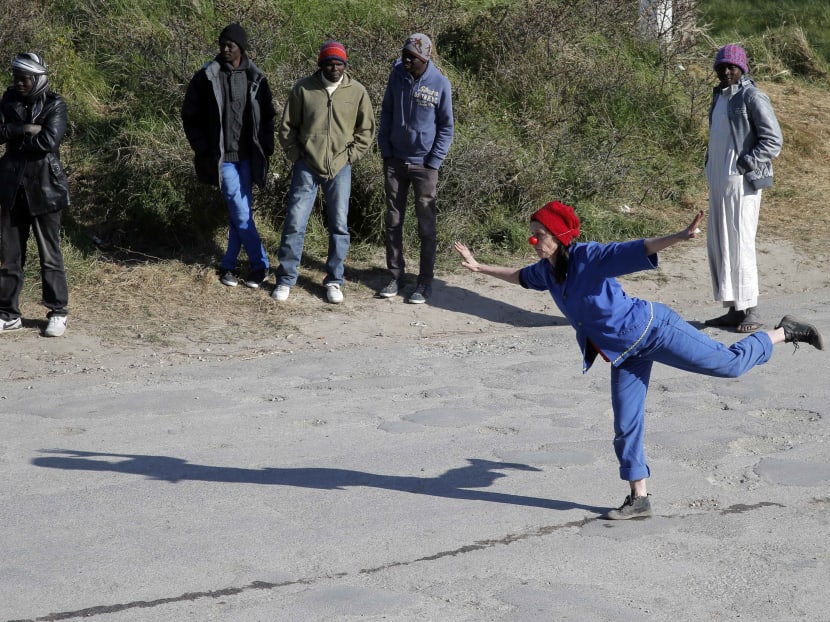
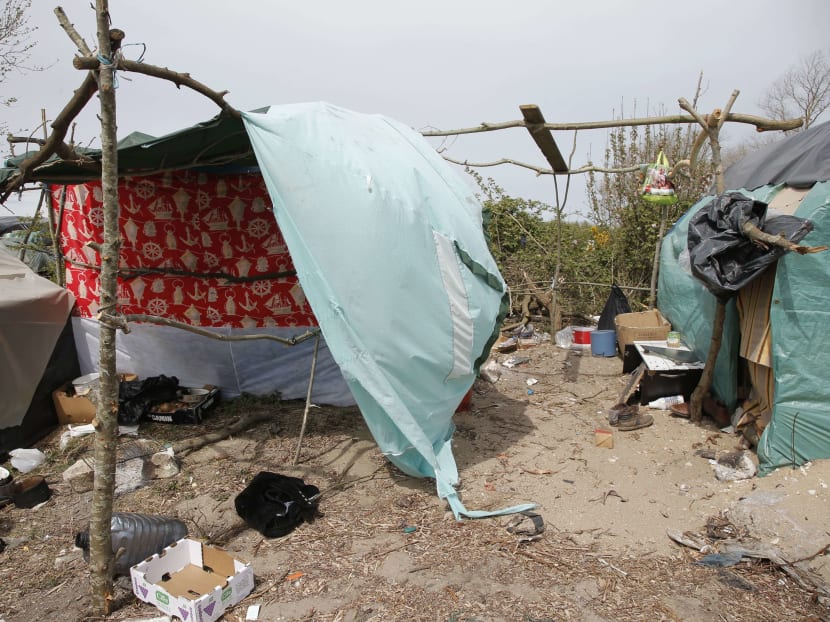
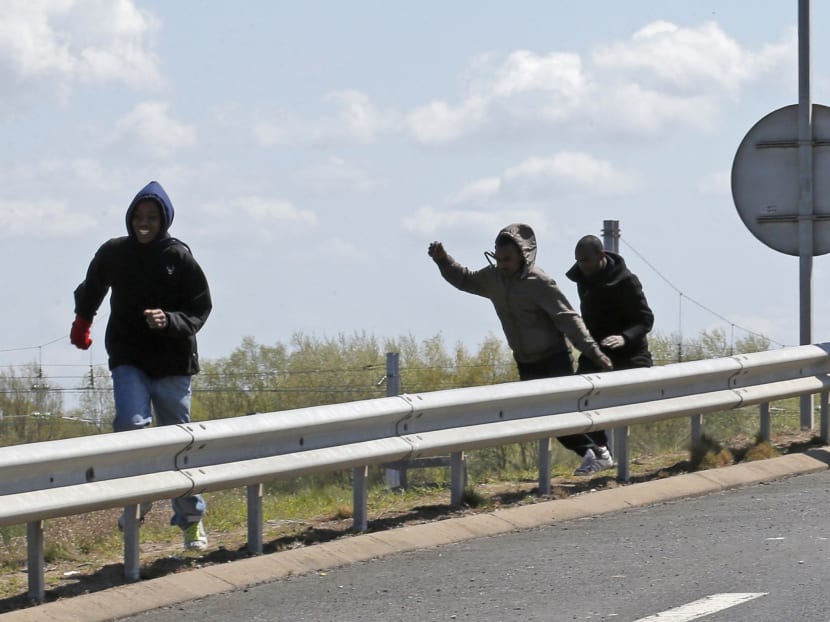
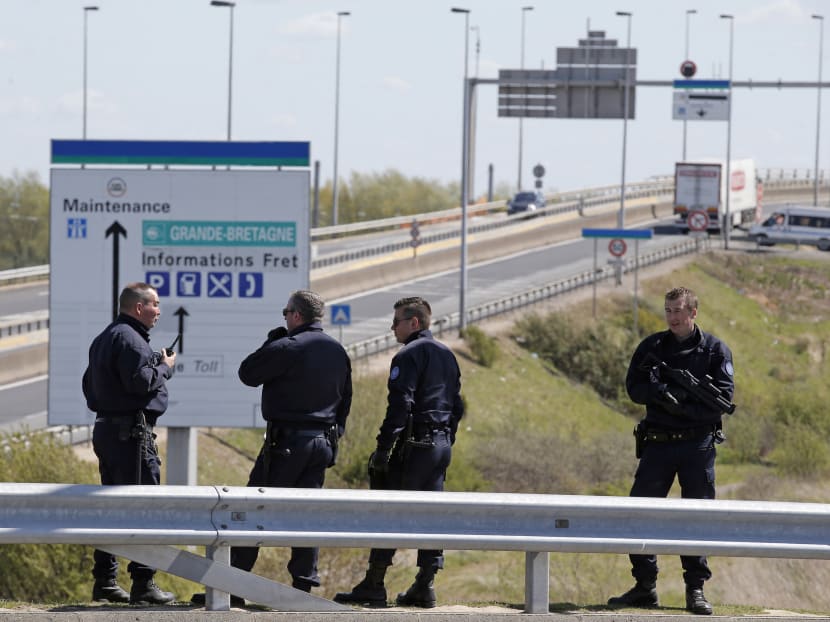
CALAIS (FRANCE) — After crossing seas and continents to reach Europe's outermost borders, desperate migrants don't stop there. They forge onward — including some 2,000 people from Afghanistan, Syria, Eritrea, Sudan and beyond currently camped out amid brush and dunes in the French port of Calais.
They've come hundreds or thousands of kilometres to get here, and are determined to make it just 50 kilometres more — across the English Channel. Rumours circulate among the migrants that it's easier to find work or seek asylum in Britain than in France or other European countries along their journey.
Like the growing numbers of migrants trying to cross from North Africa to Italy in recent months, regional officials say the number of migrants in Calais has grown from 400 a year ago to about 2,000 in March. They say requests for asylum are also up to 60 per week, more than three times higher than last year's rate.
Each night, the Calais migrants try to slip unnoticed onto trucks crossing the channel on ferries or through the Eurotunnel beneath the channel. In a cat-and-mouse game with police, they dart across highways and pray for traffic jams, when it's easier to sneak onto slow-moving trucks.
Most fail.
They sleep in a burgeoning camp where tree branches and discarded plastic serve for makeshift shelters.
At midday, they line up for hours at a new help centre for one free meal a day, a shower and blankets. The state-funded site buys social peace, by funnelling migrants away from the heart of this economically depressed town and its increasingly frustrated residents and merchants.
Migrants have for years flocked to Calais in hopes of reaching Britain, and their numbers rise and fall with the seasons, and with the fate of their homelands. AP






